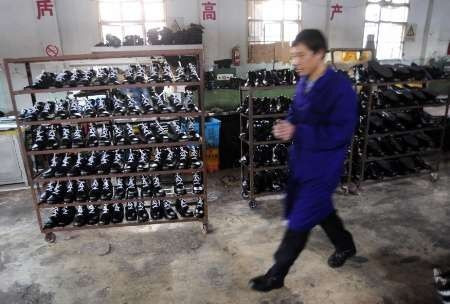Chinese products attract most anti-dumping measures worldwide: WTO

China was the subject of most number of anti-dumping investigations in the first half of the year, and products exported from China attracted the highest number of anti-dumping measures by other countries, the World Trade Organization (WTO) has said in a report.
The report, however, said the number of initiations of new anti-dumping investigations showed a 29 percent decrease compared with the corresponding period of the last year, suggesting that world nations showed restraint in the use of measures affecting trade growth.
While China remained at the top of the list of countries accused of trade-distorting practices, India initiated the highest number of anti-dumping complaints.
WTO said a total of 69 new investigations were initiated by 19 countries in the first half of the year, compared with 97 investigations reported by 18 WTO members in the corresponding period of 2009.
As many as 23 new initiations were directed at Chinese exports, a 30 percent fall from the 33 new investigations opened in respect of exports from China during the same period in the last year.
The European Union was next with 11 new investigations directed at its exports, followed by the United States with five complaints.
India initiated 17 new trade complaints while the European Union reported eight new initiations and Argentina opened seven complaints.
Products exported from China were the most frequent subject of new measures, accounting for 25 out of 59 new measures during this period. This was a 17 percent decline compared with the 30 new measures applied on Chinese exports during the first half of 2009.
China, the second largest exporter in 2009 after the European Union, has been the most frequent subject of the anti-dumping investigations ever since its accession to the WTO in 2001.
Dumping is a situation of international price discrimination, where the price of a product when sold in the importing country is less than the price of that product in the market of the exporting country. Though it would appear easy to find out the truth of accusations by comparing prices in both the importer and exporter countries, the actual process is not simple, according to WTO. It says a series of complex analytical steps are needed to determine the price situation and its impact on trade.
Anti-dumping investigations typically take a long time and resolutions may not come for several years. However, unlike in the past, a greater number of developing countries are resorting to anti-dumping measures to protect their own manufacturing sectors. Analysts have pointed out that anti-dumping measures are increasingly being used as a trade policy instrument by trading nations, more so by developing countries.
© Copyright IBTimes 2024. All rights reserved.



















